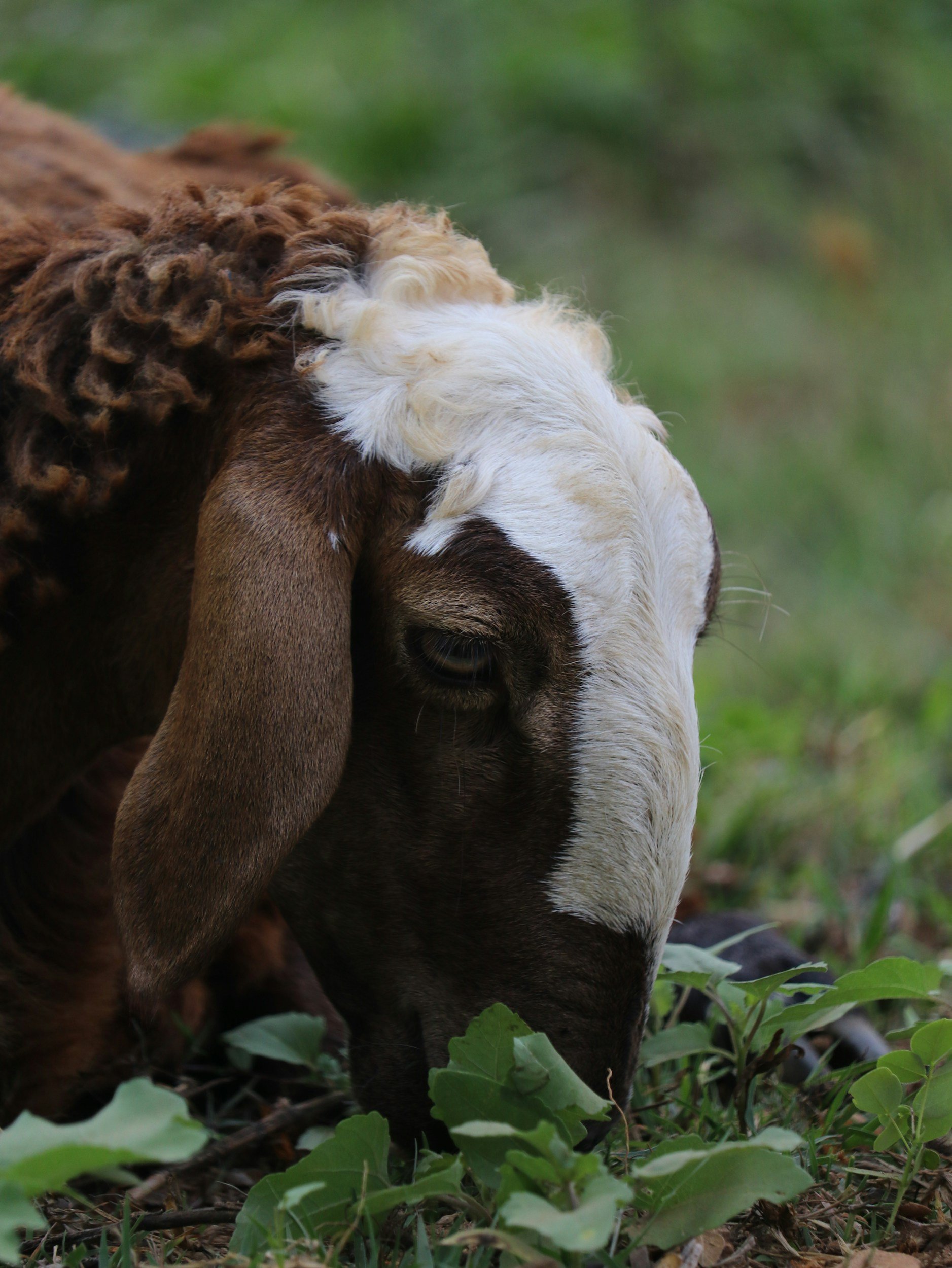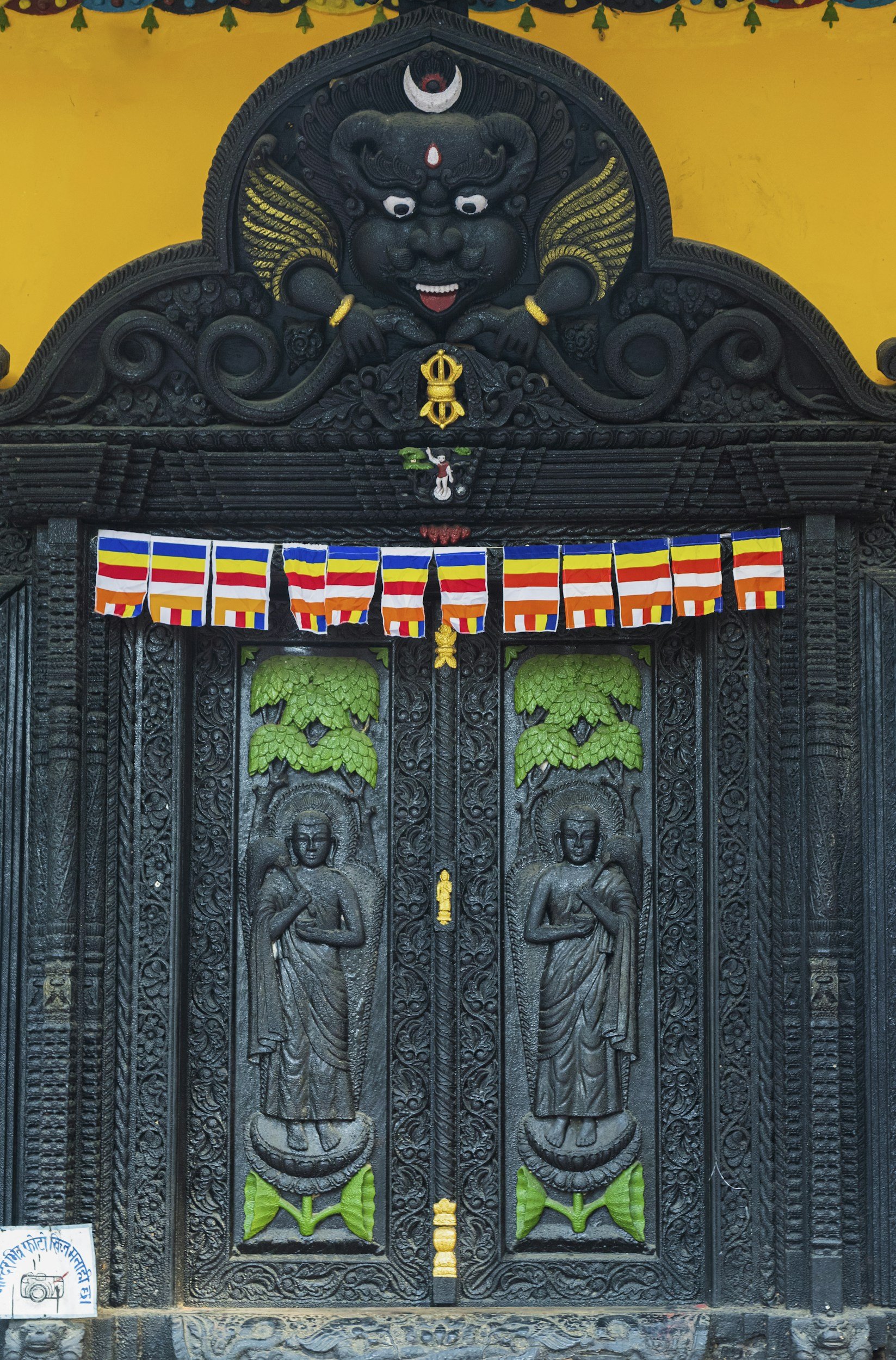Mbe na Enyi (The Story of How the Tortoise Deceived the Elephant)
Listen to this story 👇🏾
In a great animal kingdom, the king’s daughter, beautiful and proud, refused every suitor that came to ask for her hand in marriage. Her fantasy was unlike any other, she dreamed of riding across the village on the back of a grand elephant. So, one day when asked by her father why she continued to turn down everyone, she declared, "Only a suitor who can bring me a live elephant shall have me as his wife."
The king, puzzled by his daughter's demand, had no choice but to honor her wish. He summoned the animals of the kingdom to make the announcement: “Anyone who can bring a live elephant to my daughter will marry her.”
The animals were discouraged. How could anyone capture the mighty elephant? The lion, the buffalo, the leopard, all the great animals knew it was an impossible task. But among them stood Mbe, the cunning tortoise. His slow gait and cracked shell always led others to underestimate him, but beneath that shell was a mind as sharp as any blade.
Mbe stepped forward and boldly proclaimed to the king, “I will marry your daughter. I will bring you a live elephant. The last time I came for her, you chased me away, but this time, I will return victorious.”
The animals laughed. “How can the slow and small tortoise bring the mighty elephant?” they whispered. But Mbe paid no attention to their doubts. He had a plan.
Mbe and the elephant, Enyi, had been friends for many years. With this friendship in mind, Mbe went to visit the elephant. “Enyi, my friend,” Mbe began, “the king of my village is preparing for his grand Ofalla festival in two days, and he has chosen you to be the chief guest of honor!”
Now, in Igbo land, an Ofalla festival is the greatest of celebrations, a time when kings display their wealth and power. Being invited to such an event, especially as the chief of the occasion, was the highest honor. Enyi, flattered and excited, stood tall. “I am honored! Tell the king I shall attend.”
“The king instructed me to fetch you on the day of the festival,” Mbe continued. “Be ready, my friend. It will be a great day.”
Two days passed, and the day of the festival arrived. The sun had already begun to set when Mbe finally arrived at Enyi’s home. Enyi, slightly irritated, said, “You’re late, Mbe! You said I would be the chief guest, but now the sun is setting. We may not even make it on time!”
Mbe, as calm as ever, replied, “Do not worry, Enyi. We will get there soon enough. Let us begin our journey.”
As they walked, Mbe moved at his usual slow pace, further frustrating Enyi. “Please, Mbe, hurry up!” Enyi said. “We’re running out of time.”
Mbe stopped and looked up at Enyi. “My dear friend, I am small and cannot keep up with your powerful strides. Would you kindly let me ride on your back so we can get there faster?”
Enyi, wanting to reach the festival in time, agreed. “Climb on, Mbe.”
Mbe then asked, “To be stable on your back, may I tie this rope around your neck? It’s just for balance.”
Enyi, trusting his old friend, saw no harm in the request. “Do what you must, Mbe. Let’s go.”
With Mbe securely on Enyi’s back and the rope tied around his neck, they finally arrived at the king’s palace. As they approached, Mbe began to sing:
“Nnam Eze, akpata m Enyi!”
(My king, I have brought the elephant!)
Hearing this, Enyi, confused, turned his head slightly and asked, “Nwa Mbe, isi n’ ikpata onye?”
(Mbe the tortoise, you said you are bringing who to the king?)
Mbe, ever clever, replied, “Asi m ani ya dube enyi, chebe enyi. Enyi na aga, anyi so gi na azu.”
(I told the land to guard you, Mr. Elephant. Proceed, we are right behind you.)
Enyi, still unsure, shrugged off his confusion, believing Mbe’s words. After all, he was supposed to be the guest of honor at the great festival.
As they reached the palace gates, Mbe, with great ceremony, handed the rope tied around Enyi’s neck to the king. The king’s guards immediately secured the rope, so that Enyi could not escape. The significance of the rope, unknown to Enyi, was clear to all those present, it symbolized ownership and dominance. Tying the rope around Enyi’s neck implied that Mbe had claimed the mighty elephant as his own.
It was only then that Enyi realized the full extent of Mbe’s trickery. He had been deceived by his old friend! But by the time Enyi understood what had happened, it was too late. The king had already declared Mbe the winner, and his daughter was given to Mbe as his wife. The elephant, once proud and free, was now bound to serve the kingdom, forever carrying the king’s daughter on his back as they rode through the village.
The village celebrated Mbe’s cleverness, and from that day on, a tradition was born. In Igbo land, whenever a live animal is presented to someone, there must be a rope around its neck, symbolizing true ownership and control. The presence of a rope could also be used to represent the presence of a live animal as a gift.
As for Enyi, he became the beast of burden for the royal family, forever walking the village paths, a reminder of the cunning tortoise who had outwitted him. And so, the story of Mbe and Enyi became legend, passed down from generation to generation, teaching all who heard it the power of wit over strength, and the importance of never underestimating the tortoise.
For in the world of the animals, as in life, it is not always the strongest who triumph, but the cleverest.
The End.
Lessons to learn from this story:
Cleverness Over Strength: Mbe's wit allowed him to triumph over Enyi, who was much stronger but lacked cunning. This teaches that intelligence and strategy can outmatch physical strength.
Trust Carefully: Enyi's trust in Mbe led to his downfall. It's a lesson in being cautious about who you trust, especially when they stand to gain from the situation.
Traditions Have Roots in History: The story explains why animals presented to someone in Igbo land must have a rope around their necks, linking myth to cultural practices.
Pride Can Lead to Ruin: Enyi’s excitement and pride in being the chief of the festival blinded him to Mbe’s trickery, showing the dangers of letting pride cloud judgment.
What other lessons come to mind from this story? Let us know in the comment section below. Dalu!























